
As Australia’s job market becomes increasingly competitive, it’s important to understand how to get ahead and advance your career beyond simply tailoring your resume and cover letter for each role.
In this article, we discuss how to stand out in the job market by exploring seven practical strategies. You’ll also learn how business trends can influence employment opportunities and what kind of government support is available to help you secure your next position.
Overview of the Australian job market
The Australian job market is growing more competitive for business professionals and job seekers, with rising unemployment rates, stagnant employment growth and widespread layoffs across various industries.
According to the Australian Bureau of Statistics, unemployment has steadily increased in recent years. The national unemployment rate rose from 3.5 per cent in January 2023 to 3.9 per cent in January 2024, before reaching 4.3 per cent in August 2025. Data from Indeed Hiring Lab’s March 2025 AU Labour Force Survey supports this challenging trend, as it discovered that while Australia saw an employment increase of 32,200 people in March, it followed a sharp decline of 57,500 in February. Overall, the job market had a slow start to the year, with a net employment growth of only 6,500 people in the first quarter. At the same time, businesses are also adding further pressure to the employment landscape, as many major companies in Australia have plans to reduce staff in 2025.
When major layoffs occur, thousands of workers enter the job market simultaneously, which leads to more competition for limited opportunities. This highlights why staying informed about current employment trends in Australia is crucial. Understanding these shifts in the job market can help you navigate the tough landscape, adapt and find ways to stand out.
7 strategies to stand out in the Australian job market
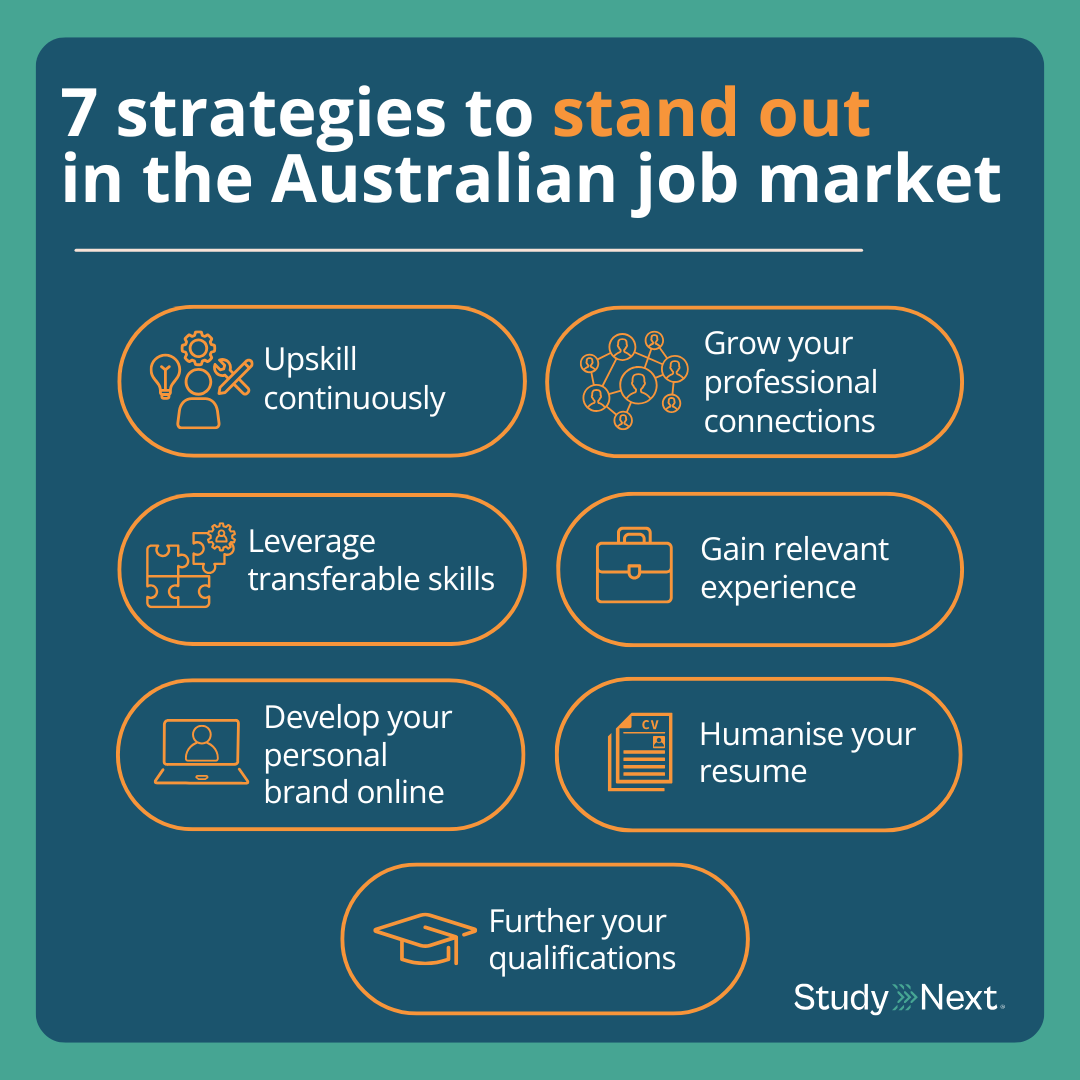
To remain competitive in the Australian job market, it’s crucial to upskill yourself continuously, expand your professional network and highlight your transferable skills. If you’re looking to transition your career into a new field, it’s essential to gain practical and relevant experience. You can also establish your personal brand online, add a human touch to your resume and advance your qualifications to further boost your employability.
Explore what each of these strategies involves below:
Upskill continuously
Evolving industry trends, such as rapid technological advancements, play a significant role in influencing the job market, making it essential for you to update your skills and knowledge continuously. The Hays 2025 Skills Report found that 87 per cent of Australian and New Zealand workers predict that the skills needed for their roles will change in the next five years. In today’s fast-paced business environment, relying solely on your existing skill set is no longer enough to progress your career. One effective way to invest in your professional development is by taking short courses to enhance specific skills or gain knowledge in areas that are in demand across various industries.
For example, if you want to learn about generative AI, the University of Sydney offers a beginner-friendly Generative AI Masterclass short course that can be completed in three hours. This interactive online workshop delves into the fundamentals of generative AI, including how it works, its limitations and how it can be used productively in the workplace. You’ll also get to experiment with prompt engineering in text and image-generating AI tools.


Artificial intelligence is going to be your co-pilot at work. In this interactive online workshop, learn to use the current generation of Generative AI tools like ChatGPT and Midjourney.
This three-hour workshop, delivered by Sydney Executive Plus, will explore the fundamentals of Generative AI: how the technology works, its limitations and risks and how it can be used productively in the workplace. Participants will experiment with prompt engineering in text—and image-generating AI tools.
- Understand generative AI - Discuss the technology that enables generative AI with confidence.
- Create value for your organisation - Increase productivity and save time by using AI in your workplace.
- Master prompt engineering - Use the latest generative AI platforms to get the best results.
- Build your network - Connect with like-minded professionals interested in the future of work.
This course is included for free as part of the AI Fluency Sprint.
If you’re looking to refine your skills in business analytics, you can consider pursuing the Business Optimisation with Data Analytics short course at the University of New South Wales (UNSW). Delivered virtually over three weeks, this course provides you with practical strategies to enhance your ability to make data-informed decisions. Upon completing this course, you’ll gain a better understanding of valuable tools that ensure ethical data use, how to build a data-driven culture within your company and how data can improve day-to-day operations.


Staying competitive in today’s dynamic environment requires organisations to use, understand and rely on data. Unlocking data is the key to success, from streamlining processes to providing customer insights. In this environment, organisations must be able to develop and deploy effective data-driven strategies.
Implementing data strategy requires a systematic and organised approach to ensure consistency, clarity, scalability and efficiency. This course equips you with fundamental frameworks and practical strategies to accelerate your ability to make data-based decisions. You will also investigate the balance required to navigate ethical issues such as fairness, transparency, privacy and accountability. By broadening your understanding of data practices, you will ensure the successful and sustainable use of data that benefits all stakeholders.
After completing this course, you will emerge as a more informed leader, ready to leverage data analytics responsibly and bring greater value to your organisation and its customers. If you want to uncover the value of data, develop strategic skills, leverage data tools and explore ethical data practices, this course is for you.
- Delivered 100% online.
- Participate in live sessions facilitated by an industry expert.
- Receive a digital badge and 2.00 CEMD points.
If you’re interested in gaining knowledge in cybersecurity but don’t have a technical background, you can take the Cyber Security Risk and Strategy short course at RMIT University. Designed in collaboration with cybersecurity experts from Palo Alto Networks, this course will teach you how to prepare and leverage a cybersecurity strategy as well as how to communicate this to your organisation. You’ll learn how to prevent cyber attacks, reduce risks and adopt best practices in cyber governance.


You might have heard it before: cybersecurity is everyone’s responsibility. The latest estimates put the price of online crime in Australia at $1 billion per year. You really don’t want to be part of that statistic.
This is one of the few courses that tackles cybercrime from a strategic perspective. There’s no technical or IT knowledge required. You will be working on how to prepare a cyber security strategy, how to champion and own it and how to communicate this back to your business. This course has been built in collaboration with leading cyber security experts from Palo Alto Networks. It runs entirely online and over six weeks so you can fit it in an around your work life schedule.
While many tertiary institutions offer short courses, you can also find other options from various sources like government websites, business organisations and online learning platforms. If you're interested in exploring free short courses, check out this article to help you get started.
Grow your professional connections
Networking is a powerful tool that can help you achieve professional growth in the business world. Building meaningful connections with professionals you meet inside and outside your industry can lead to valuable insights, collaborations and other professional opportunities. As a job seeker, networking effectively is one of the best ways to figure out how to stand out to employers. This often involves asking for a referral from someone you know who’s already working in the organisation. Many companies have internal referral programs and are more likely to trust candidates recommended by existing employees, especially when they’re faced with a high volume of applicants with similar qualifications.
You can start networking as early as your university years, as you’ll often have access to events that can connect you with industry experts, such as seminars, workshops and career fairs. Your study may also include internship and work placement opportunities, allowing you to build professional relationships before officially entering the workforce. As a working professional, you should continue nurturing positive relationships with the people you meet throughout your career. Joining alumni groups, conferences and relevant professional entities can also help you expand your connections and gain insights into how to get a job in Australia that aligns with your long-term career goals.
Leverage transferable skills
To increase your marketability, it’s important to highlight transferable skills that can be applied in multiple roles and industries in your resume and during job interviews. These skills are often a combination of technical skills, such as digital literacy and data analytics, gained from previous roles and traits you’ve developed in your personal life, such as communication and empathy. If you’re entering a new field, your transferable skills can help demonstrate to potential employers how you can adjust to the new role and work environment.
Soft transferable skills are also increasingly valuable in today’s job market. The Hays 2025 Skills Report found that the top three skills hiring managers expect to need are:
- Communication, teamwork and collaboration
- Critical thinking and problem-solving
- Adaptability and flexibility
Having these skills allows you to explore diverse career opportunities as they are essential to thrive in many roles. You should also consider which transferable skills are relevant to the job you’re applying for and put them in your resume. For example, if you’re applying for a project manager role, put emphasis on past experiences where you demonstrated stakeholder management and negotiation skills.
Gain relevant experience
Employers typically prioritise candidates who have relevant work experience for the role they’re hiring for. If you’re considering a career switch or exploring careers outside of your field, gaining practical experience is a crucial step to getting your foot in the door. You can consider volunteering, working on personal projects, freelancing or doing internships, which are often unpaid. These experiences not only help you develop relevant skills for your new career path but also offer valuable exposure to the industry.
Besides developing your skills, these experiences allow you to connect with industry professionals who can offer guidance and potentially open pathways to future job opportunities. Taking proactive steps to gain hands-on experience also demonstrates your commitment and adaptability, which are highly valued by employers.
Develop your personal brand online
One way that can help you stand out, particularly in industries like marketing, consulting and public relations, is by establishing and developing your personal brand online, especially in the business sector. Your professional social media profile can offer additional value to your resume so hiring managers can get to know you better. By curating your online presence, you get to build credibility for your professional identity, strengthen your reputation and present a favourable first impression to potential employers that can help you stand out from other candidates.
For example, if you have significant experience in your field, you can work towards becoming a Top Voice on LinkedIn. This initiative acknowledges members who consistently showcase leadership and expertise in their own fields to educate and inspire the wider community. To earn this profile badge, you need to contribute high-quality content regularly and actively engage with the community. Your posts should be focused on professional insights, which can include industry news, commentary and analysis. This kind of personal branding helps to establish yourself as a reliable expert in your field, which can increase your chances of progressing in your career.
Humanise your resume
Although customising your resume is a common strategy for job seekers, it’s becoming increasingly important to add a human touch to it in the modern age of AI. While this emerging tech can help you optimise your resume, it can also make it generic when many people are using similar templates and keyword strategies, which often involve inserting specific terms or phrases from a job description to get your resume noticed by applicant tracking systems.
Besides tailoring your experiences and skills based on the role you’re applying for, humanising your resume can significantly make a difference. For example, you can highlight unique achievements or add personal anecdotes in your cover letter to demonstrate your motivation for applying. These elements not only help differentiate you from machine-generated applications, but also allow hiring managers to connect with you. This can ultimately increase your chances of getting noticed and making a memorable impression.
Further your qualifications
Postgraduate study can serve as a great stepping stone for you to unlock more career opportunities. By furthering your qualifications, you’ll develop advanced expertise that can help improve your marketability and potentially make you more competitive in the job market.
If you’re looking to upskill quickly, graduate certificates offer an accelerated path to hone your expertise in a specific field. For example, if you want to complement your financial background with AI knowledge, the University of Technology Sydney (UTS) offers a six-month Graduate Certificate in Applied Artificial Intelligence for Finance. Ideal for current and aspiring business professionals, finance experts and recent graduates, this course teaches you how to identify and develop AI-driven solutions to modern financial challenges.


This course is intended for current and aspiring business professionals, finance industry insiders, and recent graduates eager to harness the power of AI in the finance industry. Choose this course to enhance their digital skills, gain a competitive edge in the job market, and meet the increasing demand for AI solutions to business challenges.
If you’re interested in digital marketing but don’t have a formal background in the field, Curtin University’s Graduate Certificate of Digital Marketing can be a great option. Open to bachelor’s degree holders from any discipline, this six-month course delves into diverse digital channels, strategies and analytical methods. You’ll learn how to leverage digital marketing tools to guide strategic decisions and get hands-on experience in developing and implementing an online marketing campaign.
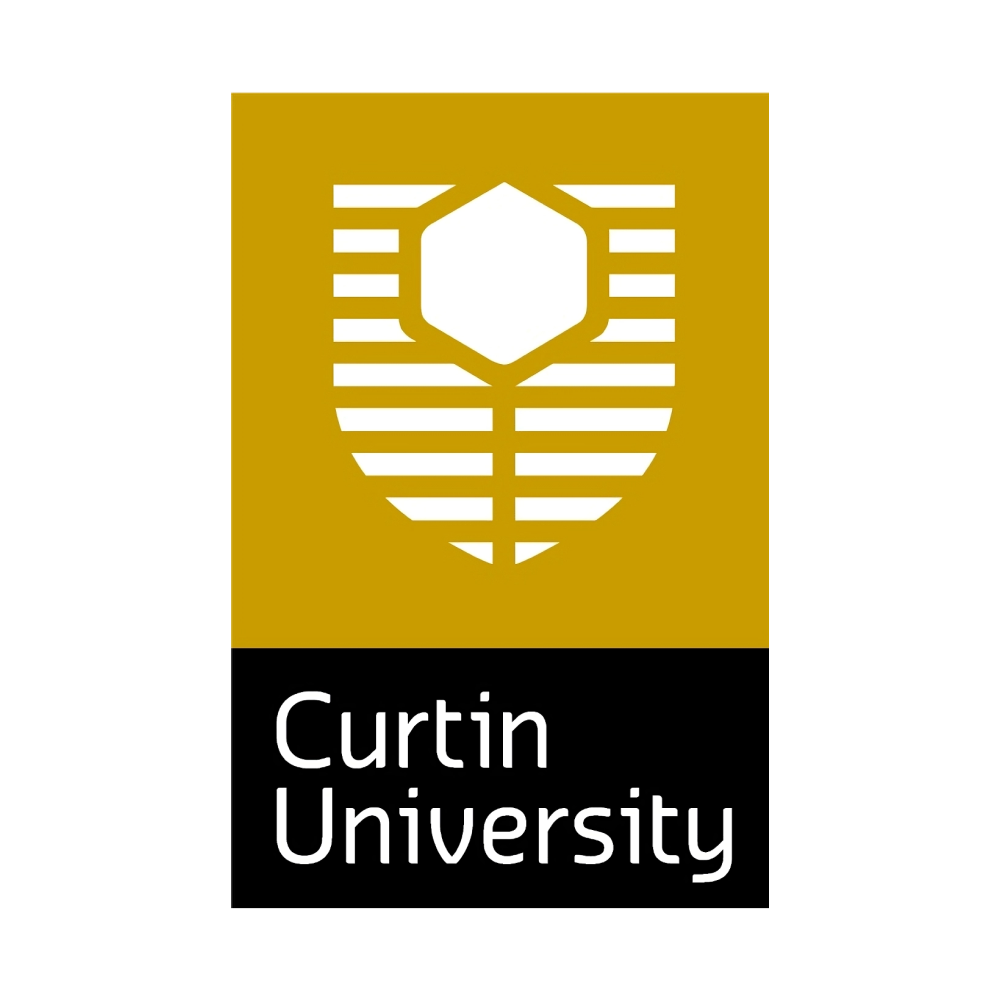

The Graduate Certificate in Digital Marketing is ideal if you are looking to develop skills in the sought-after field of digital marketing. In this course, you will explore the foundations of various digital channels, study digital strategies, tactics and relevant analytics; and in doing so, you will learn about the tools of digital marketing and relevant theories behind using these tools to guide strategic decision making. You’ll also learn about identifying and articulating critical customer groups, evaluating the fundamentals of effective SEO and SEM campaigns and analysing social media marketing campaigns. You’ll have the opportunity to plan and implement an online marketing campaign and learn how data analytics guides marketing decisions.
Besides graduate certificates, obtaining a graduate diploma is a great alternative if you’re looking to delve more into your desired field but can’t commit to a full master’s degree. For example, if you’d like to build a career in human resources (HR), CQUniversity’s online Graduate Diploma of Human Resource Management may help you achieve your goals. This course is available both full-time and part-time over 12 months, allowing you to choose a study mode that aligns with your personal and professional circumstances. In this program, you’ll gain an understanding of the core functions of HR management. You’ll also examine labour markets and employment systems across different countries.
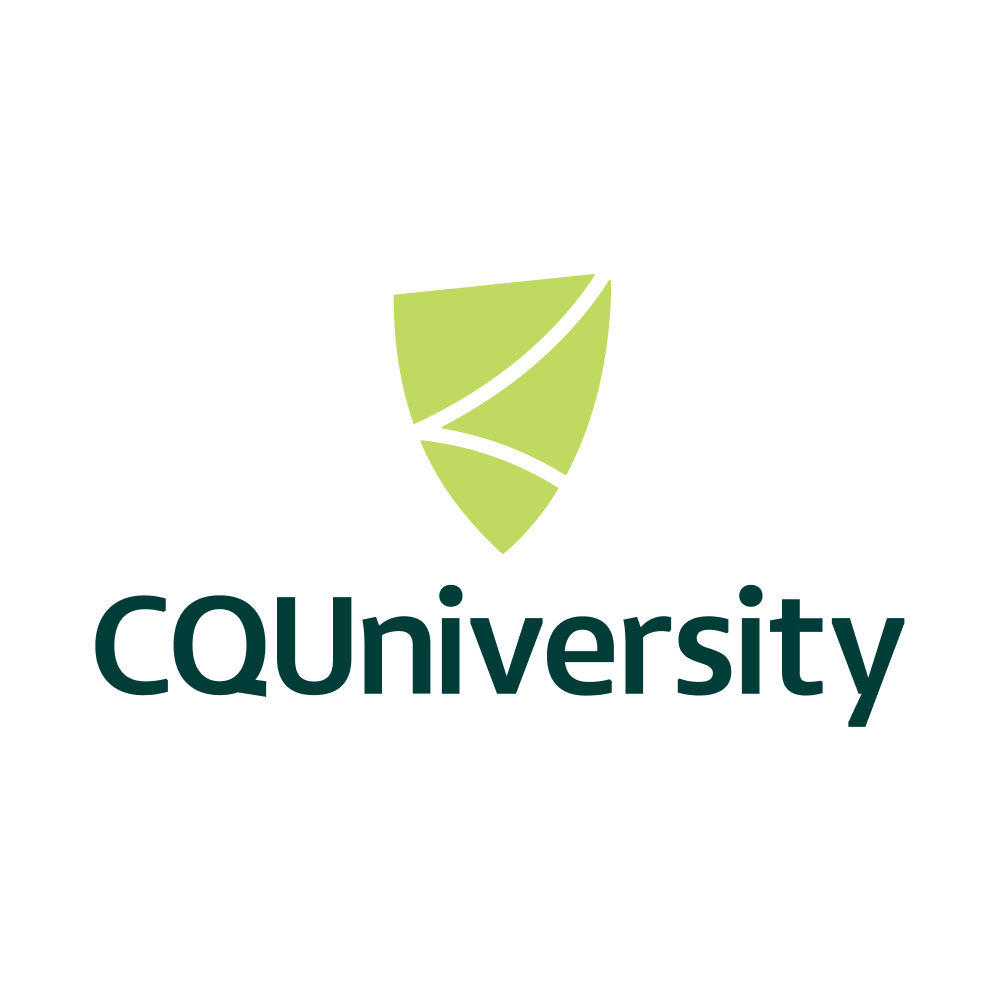

In this course, you will study discipline-specific units providing an understanding of contemporary frameworks and models that explain the core functions of human resource management. This includes planning, recruitment, development, rewarding and motivating employees and implementing strategies to help an organisation perform efficiently and effectively. You will explore ethical human resource management and managing human resource functions internationally through relevant operations, policies and practices.
Building on the international context of human resource management, you will analyse labour markets and systems of employment relations in various countries. Your learning is complemented with management-focused units across marketing management and digital communications.
The Graduate Diploma of Human Resource Management is an excellent option after completing the Graduate Certificate in Management. Upon completing this course, students can proceed to CQUniversity's Master of Business Management (Human Resource Management) and receive credit for up to eight units.
Enjoy the flexibility to study online with available full-time and part-time study options.
If you want to advance your knowledge in project management and would prefer studying online, Charles Sturt University (CSU) offers a Graduate Diploma of Project Management. This 12-month online course enables you to apply your learning immediately in your workplace while building your skills to manage complex projects effectively. Some of the core units include The Project Lifecycle, Contemporary Management and Professional Communications.
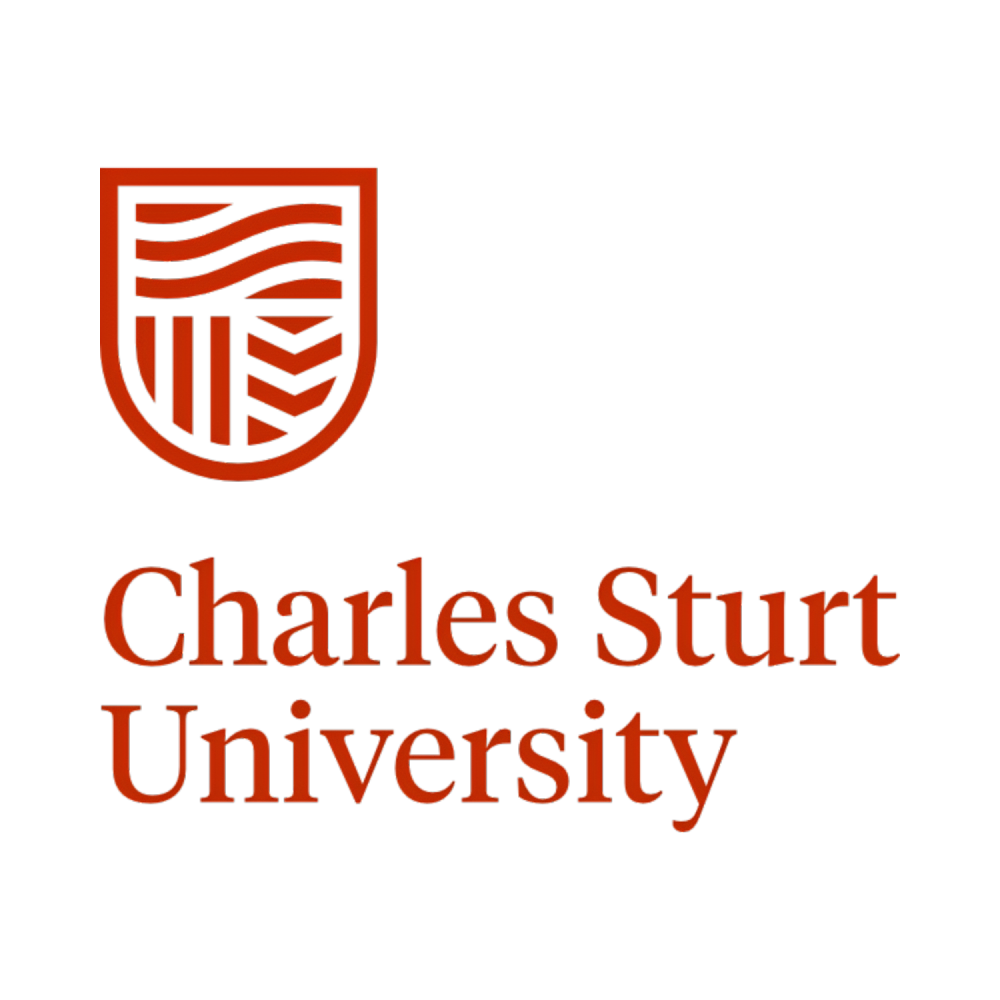

Ideal for professionals from diverse backgrounds, this course will equip you with the knowledge and skills to manage complex projects. Delivered online, this project management course enables you to apply your learning and insight in real-time, immediately impacting your workplace. You can study online from anywhere worldwide, allowing you to update your qualifications while continuing to work. You can also speed up your study pace to meet your changing professional and personal commitments. Various educational technologies support our subjects, from video lectures to online simulations.
Entry to the Graduate Diploma of Project Management is available to those with relevant professional work experience. The graduate diploma can be a pathway to the Master of Project Management. Those with relevant industry certifications will also be given credit.
If you’re looking to obtain a master’s degree to get ahead while broadening your business expertise, you can pursue a Master of Business Administration (MBA). As an MBA graduate, you’ll acquire valuable skills and experience across a broad spectrum of business disciplines, such as finance, marketing, strategy and HR. This comprehensive education provides a well-rounded understanding of various business functions, giving you the versatility to pursue diverse career paths across multiple industries.
MBAs are also designed to build your leadership skills, which is essential if you’re aiming to take on an executive or management role. These courses offer both theoretical frameworks and practical experiences that can help you refine your core abilities to lead teams and navigate business challenges effectively. For instance, if you study the Master of Business Administration, Innovation and Leadership at Torrens University Australia, you’ll be working on real projects with the university's industry partners. You can gain insight into modern business issues and the practical skills needed to address these challenges.
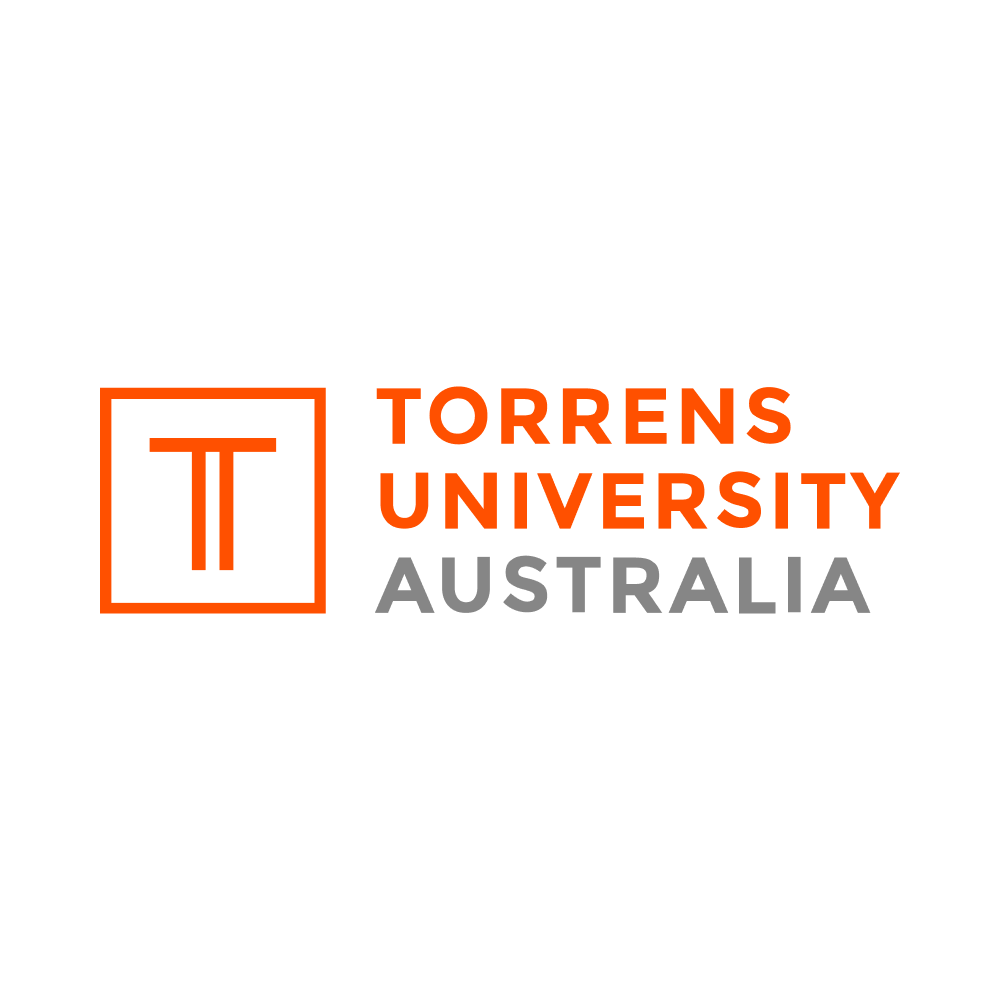

The Master of Business Administration (MBA) in Innovation and Leadership develops practical skills for today's business challenges.
Over the course of your study, you will be working on real projects with real commercial impact, while gaining exposure to some of the most successful and important organisations in the country. By working on projects with the university's industry partners, you’ll gain unprecedented insight into modern business challenges and the practical skill set to tackle these challenges head-on. This MBA program is structured around three major projects with industry partners.
MBAs also offer opportunities to strengthen your network by engaging with your peers, academic staff and industry professionals during your studies. These connections can even go beyond borders. The Global Executive Master of Business Administration course at Monash University, for instance, includes an international trip to gain cross-region business knowledge from industry practitioners. Not only will you make global connections but you’ll also gain an understanding of various economic, social and environmental issues on an international scale.
Global study experiences can also offer valuable cross-cultural exposure and insights into international business practices. Developing this global mindset can give you an advantage in the job market, helping you stand out as an adaptable professional to multinational businesses and companies aiming to expand in new international markets.


The business world’s most innovative, insightful and impactful leaders have the power to do more than steer an organisation to success. They have an understanding for what good business means for people and society – and the capacity to think beyond regional borders to make their impact globally. They see contemporary industry challenges as opportunities rather than setbacks. And they’re more motivated than ever to realise those opportunities.
If you’re already taking steps forward as a business leader and are looking to elevate your impact in the same way, the Global Executive MBA is your platform for making real progress.
Learning alongside equally experienced and inspired individuals, you’ll be challenged to think strategically and supported to grow personally and professionally. You’ll build networks and gain new perspectives as you learn from some of the world’s most well-regarded business educators. It’s a comprehensive program designed to help you master complex business challenges - turning them into clear paths for positive change and setting yourself up for more senior roles.
The pathways for where you could take your Global Executive MBA are limitless. Not only professionally but geographically, too. A clear global perspective is a key part of the program’s DNA – with a mix of students from around the world taking part. Together, you’ll be empowered to navigate the diverse and dynamic global business landscape. An international trip to gain cross-region business knowledge from industry practitioners is a key element of your study. The program will help to shape how you consider economic, social and environmental issues on a global scale.
This is your opportunity to broaden your perspective – and your opportunities. Are you ready to take your career further and establish yourself as a leader for the future?
Besides an MBA, you can also consider pursuing a postgraduate degree in a different field from your undergraduate qualification. This helps you obtain new specialised skills and knowledge as well as give you the opportunity to pivot into a new career. Many postgraduate programs are open to bachelor’s degree holders from a wide range of academic backgrounds, giving you the flexibility to explore new disciplines.
For example, if you have a business background and are looking to enter growing industries that involve data analytics, you can consider pursuing the Master of Analytics program at UNSW. The online course is designed to help you gain expertise in influencing business decisions and developing advanced analytics capabilities, which are highly valued across diverse industries.


The online Master of Analytics program is designed for ambitious working professionals that are looking to develop advanced analytics capabilities and apply data-driven decisions. This program provides students with the expertise to influence business decisions, leverage career opportunities and gain skills that can be applied across all industries.
UNSW’s Master of Analytics is delivered online and accelerated so you can graduate in as little as two years without compromising your career.
Do business trends influence the job market?
Yes, business trends often shape the job market and the type of skills and qualifications employers look for. It’s essential for you to be informed about these trends and evolving market needs, especially when finding jobs in Australia, as it helps you keep your skills up to date and position yourself for more career opportunities.
For example, the integration of artificial technology (AI) has become increasingly vital across a wide range of businesses to sustain themselves. In 2025, Amazon Web Services discovered in its Unlocking Australia’s AI Potential report that 50 per cent of Australian businesses have adopted AI, up from 43 per cent in 2024. This creates a growing demand for talent with the skills and knowledge to work together with this emerging tech, which means developing AI expertise can get you ahead.
Sustainability and environmental, social and governance (ESG) considerations are also becoming key priorities for organisations. Global law firm Herbert Smith Freehills discovered in its Stuck in the Middle? Unlocking ESG Investment in Australia 2024 report that 79 per cent of Australian business leaders think that ESG is important for new strategic initiatives, while 74 per cent believe it’s essential for operational decisions. This trend drives employers to look for candidates who can contribute in sustainable business strategies and social responsibility initiatives. Having ESG expertise will significantly enhance your appeal to employers who are shifting their business strategies toward sustainability.
Cybersecurity is another area that’s considered a high priority in Australia. In an age where data serves as valuable currency, many businesses are increasingly susceptible to cyber threats. According to the Global Digital Trust Insights Survey 2025 by PwC Australia, 67 per cent of Australian businesses believe that reducing cyber risks is their number one priority within the next 12 months. As businesses invest heavily in cyber risk mitigation, business professionals who demonstrate skills in cybersecurity management and data protection will be in high demand.
Developing skills in these in-demand areas can help you remain competitive and aligned with Australian job market trends. Interested in exploring more business trends in 2025? Check out this article.
How does the Australian Government support job seekers?
The government‘s Workforce Australia website is a free online platform to support Australian job seekers in finding employment and developing their skills to be more competitive. The website also gives you access to a wide range of resources that can help you search for jobs or transition into a new field.
If you’re looking to gain practical experience, the platform features volunteering and paid work placement opportunities for up to six months. Available to eligible participants, these placements allow you to build workplace skills, gain real-world experience in a supportive environment and potentially secure long-term employment. You may even earn a license or certification with selected placements or projects.
Workforce Australia also provides tailored support and resources for specific groups who may have their own unique needs, such as:
- Young people aged 15 to 24 People aged 45 and over
- Support for parents
- People with a disability, injury or health condition
- First Nations people
Gain a competitive edge by furthering your studies
In Australia, learning how to stand out in a competitive job market is becoming increasingly crucial to get ahead in your career. One way to do this is by developing your existing expertise or gaining new skills through postgraduate study. If you can’t commit to this qualification, you can also consider taking short courses that target specific areas you want to learn. Start your learning journey and explore diverse postgraduate programs and short courses available in Australia.























